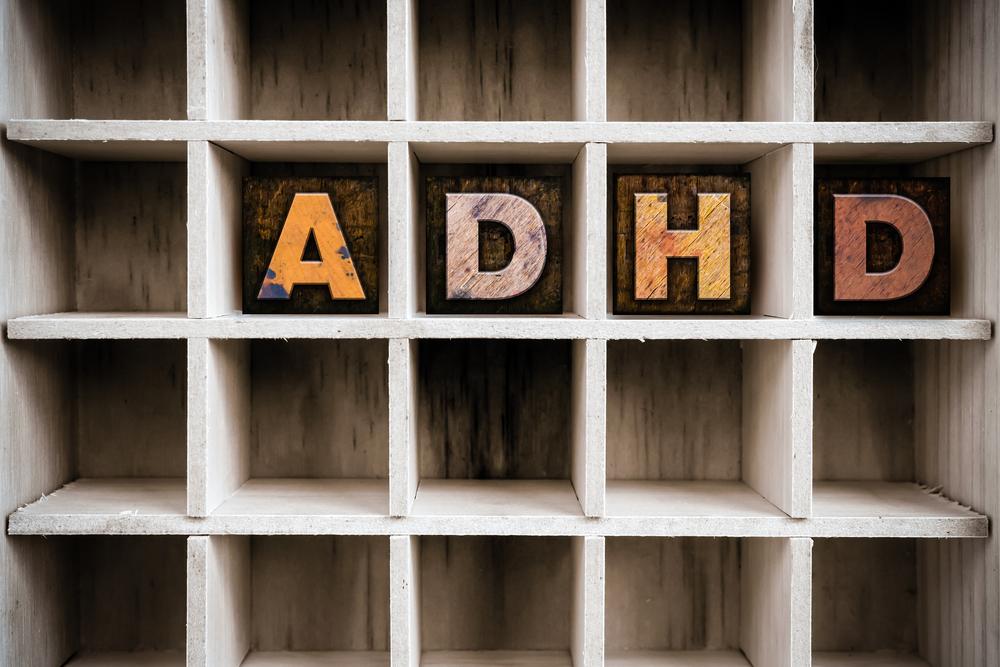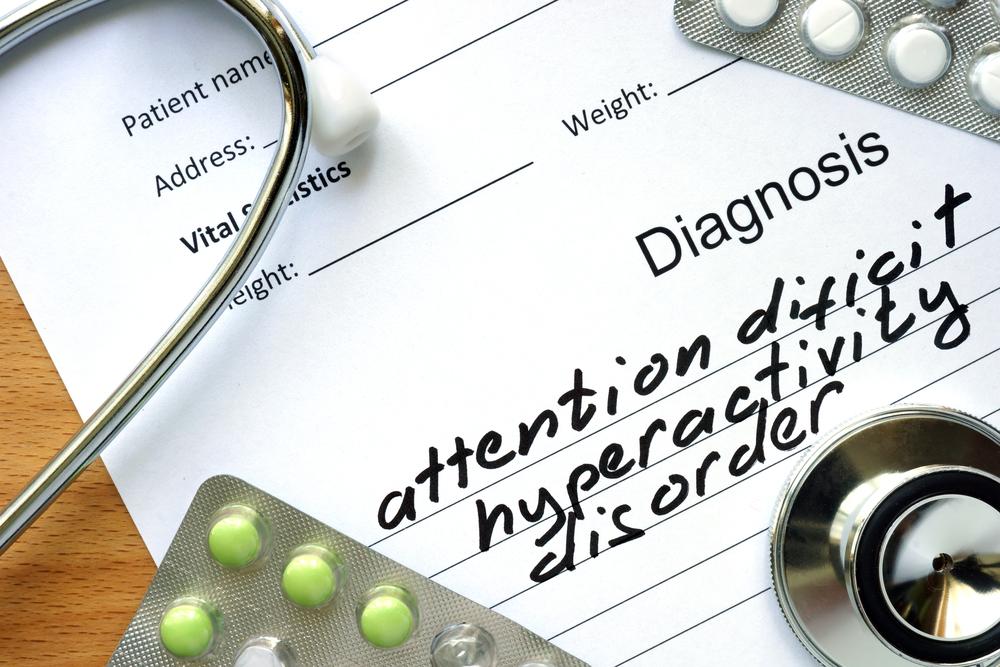Types of ADHD
ADHD affects people differently. After all, we are all different in one way or another, right? According to the American Psychiatric Association, there are three types of ADHD, and each is treated based on its symptoms. So, while people think of hyperactive when they hear or think about ADHD, it is possible to have the disorder without being primarily hyperactive. Let’s learn more about the three types of ADHD
1) Inattentive Type —People with this type of ADHD are predominantly inattentive.

2) Hyperactive-Impulsive Type —The second type of ADHD is associated with hyperactivity and impulsiveness. The condition is more prevalent in children than adults, and boys than girls. Kids with this type of ADHD constantly feel the need to move and struggle with impulse control. They typically don’t have trouble with attention, as in the case of Inattentive Type. It is normally easier to diagnose Hyperactive-Impulsive ADHD than the other two types.
3) Combined Type —This is the most common type of ADHD. People who have this type portray the symptoms of both Hyperactive-Impulsive and Inattentive ADHD. Precisely, kids or adults who have this type of ADHD demonstrate six or more symptoms of hyperactivity and impulsivity, and six or more symptoms of inattention.




